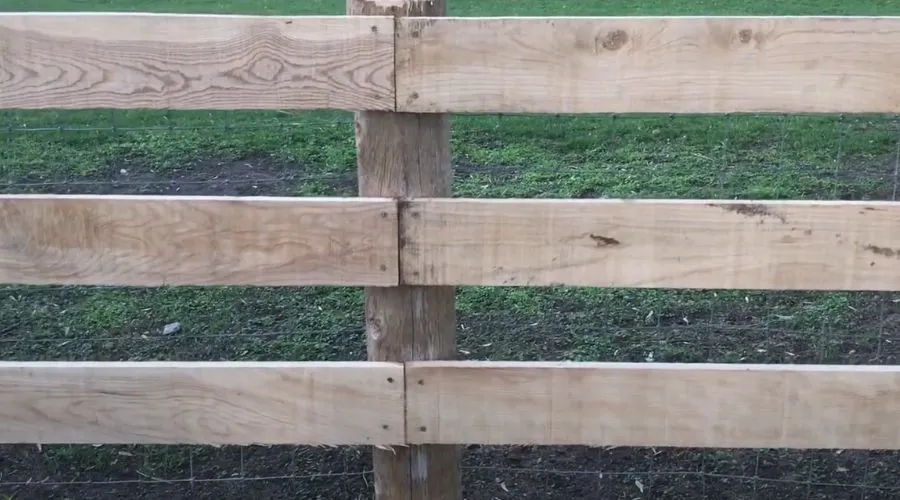In the summertime, many people like watching horse races as a relaxing and fun sport. How many of you have witnessed the sparks from a horse’s hooves hitting a rock? It’s an incredible thing. But you might be wondering if it’s a legit thing. And if it is true, how does it happen?
Do horses’ hooves spark on rocks?
If your horse is not wearing shoes, then walking or racing on rocky terrain won’t cause sparks. It all relies on the type of horseshoes.
Sparks are likely to occur if your horse is wearing metal shoes. It is due to the fact that the metallic shoes will hit the rocks and trigger a spark. When compared to various types of horseshoes, iron ones are more prone to cause sparks.
Let’s find out all the facts about horseshoes hitting on uneven surfaces, the role of temperature, and the science behind sparks.
What causes sparks, and how do they happen with horses?
Now that you know that horseshoes cause sparks whenever they strike uneven terrain, the next question is, how does it happen? Since most horseshoes are usually composed of iron, so whenever iron comes in contact with the rocks, it will cause light sparks.
But, horseshoes aren’t always composed of iron. The majority of horseshoes created nowadays are built of steel and aluminum. Many are also manufactured of synthetic components. Although aluminum horseshoes could produce a little spark whenever they strike the surface, they can not be similar to iron horseshoes, which are recognized for producing huge sparks.
It is particularly apparent in the horse reining method, as the horse takes fast turns over bumpy terrain. The shoes allow your horse to get traction and stop while taking fast turns.
The kind of surface and the level of dryness in the environment also have a huge role.
Therefore, if the horseshoes are built from steel and the surface type is flint or granite, you will probably witness bigger sparks. Speaking of weather, you would experience more sparks during dry and hot climate conditions.
You have the climatic and general reason as to what causes sparks. But, what is the scientific explanation that causes a rock to spark whenever a horseshoe hits it? To begin with, you need to consider that rocks have an asymmetrical texture. It covers hills and valleys formed by natural environmental degradation.
When two uneven things collide with each other, they generate electrical energy. This process is referred to as electrolysis, which is what causes your automobile battery to ignite whenever you connect it with a metal object that has been charged by atmospheric energy.
Do horses notice sparks, and how do they react in this situation?

It appears that horses are unaware of the fact that their shoes are creating sparks. Moreover, they do not have any negative effect on their overall behavior. But, there’s a chance that those sparks might scare or distress your horse. In this scenario, you should not panic and try to comfort your horse.
Can horseshoes start a fire and burn your horse? Many people believe that if horse hair catches fire, it will cause extreme pain to the animal; however, in reality, it is completely the opposite. Even if it burns and produces a terrible odor, the horse shows no signs of pain. Just a small fraction of horses may experience pain, and they sometimes become anxious if they notice smoke or flames.
If you’re concerned regarding your horse’s shoes sparking on gravel, there are some precautions you may consider to avoid them. Ensure that their metal shoes sit comfortably and aren’t too loose. Shoes that are extremely tight might cause friction and hurt their hooves.
If they are very loose, they may slip away and end up causing your horse to stumble.
Apply a specialized polish to the horseshoes if necessary to minimize the sparks. If the temperature is too high and the top layer of the gravel is very dry, you should let your horse walk on soft ground such as mud or sand rather than rocks.
Do rocks hurt horse feet?
The short answer is – yes. Be it granite, gravel, or simply compressed soil, tough, uneven terrain could be problematic for your horse’s feet. A sole bruise is a painful condition that could result whenever a horse’s hoof hit directly the uneven ground.
Horse keepers must be aware of where their animals walk and offer them the necessary treatment to prevent wounds or suffering because they might not notice bruises until the recovery period has already started.
Horses could get many types of bruises. There seem to be two small forms of bruises that occur when your horse rides regularly on rocky terrain and steps on harsh things sticking out from the ground, like pebbles or pointed objects. These bruises often appear towards the front of the sole and are quite easy to avoid, treat, and stop from spreading.
Riding at full speed on the rough, rugged ground is perhaps the most prevalent reason for hoof injuries. However, they also develop on other kinds of ground. Horses do well on uneven terrain, although they will experience more complications if the terrain is both muddy and rugged.
They could have their feet mud-packed, or a stone could get lodged inside and continue to hurt the sole until it is removed.
Conclusion
That’s it! Now, you have a thorough understanding of the issue of if and how your horse’s hooves cause sparks sometimes. If you’re concerned that it could occur to your horse, plan on taking all essential safety measures.
It is your duty to look after your beautiful horses and ensure they are fit, happy, and safe in every situation. Keep changing your horses’ shoes and examine their hooves regularly to help prevent any serious injuries.

![Beet Pulp vs Alfalfa Pellets for Horse [With Pros and Cons]](https://mammalpedia.com/wp-content/uploads/2022/11/beet-pulp.jpg)

